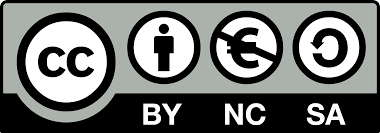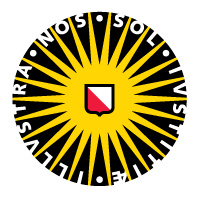Colofon
Het arrangement Plastic soup is gemaakt met Wikiwijs van Kennisnet. Wikiwijs is hét onderwijsplatform waar je leermiddelen zoekt, maakt en deelt.
- Auteur
- Laatst gewijzigd
- 14-11-2024 11:32:14
- Licentie
-
Dit lesmateriaal is gepubliceerd onder de Creative Commons Naamsvermelding 4.0 Internationale licentie. Dit houdt in dat je onder de voorwaarde van naamsvermelding vrij bent om:
- het werk te delen - te kopiëren, te verspreiden en door te geven via elk medium of bestandsformaat
- het werk te bewerken - te remixen, te veranderen en afgeleide werken te maken
- voor alle doeleinden, inclusief commerciële doeleinden.
Meer informatie over de CC Naamsvermelding 4.0 Internationale licentie.
Aanvullende informatie over dit lesmateriaal
Van dit lesmateriaal is de volgende aanvullende informatie beschikbaar:
- Toelichting
- Plastic pollution of sea and land is a worldwide problem that is key to the 21st century. The consequences give rise to a wide variety of biological, social and political issues. Therefore possible solutions ask for a multidisciplinary, multicultural and multifaceted approach. The use, recycling and litter of plastic is very prominent in students' daily lives and therefor relevant and easy to relate to. Furthermore, the global scale of the issue of plastic soup offers many possibilities to promote students
- Leerniveau
- VO;
- Leerinhoud en doelen
- Biologie;
- Eindgebruiker
- leraar
- Moeilijkheidsgraad
- gemiddeld
- Studiebelasting
- 0 uur 30 minuten
- Trefwoorden
- icse_en/about/index.php?language=0, masdiv_en
Gebruikte Wikiwijs Arrangementen
Freudenthal Instituut. (z.d.).
Sjabloon [NIET WEGGOOIEN OF AANPASSEN!]
https://maken.wikiwijs.nl/207790/Sjabloon__NIET_WEGGOOIEN_OF_AANPASSEN__




 Universiteit Utrecht
Universiteit Utrecht




